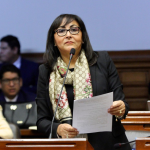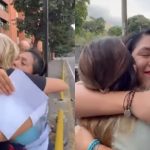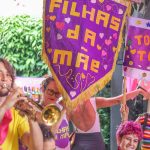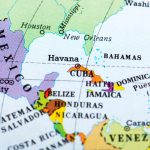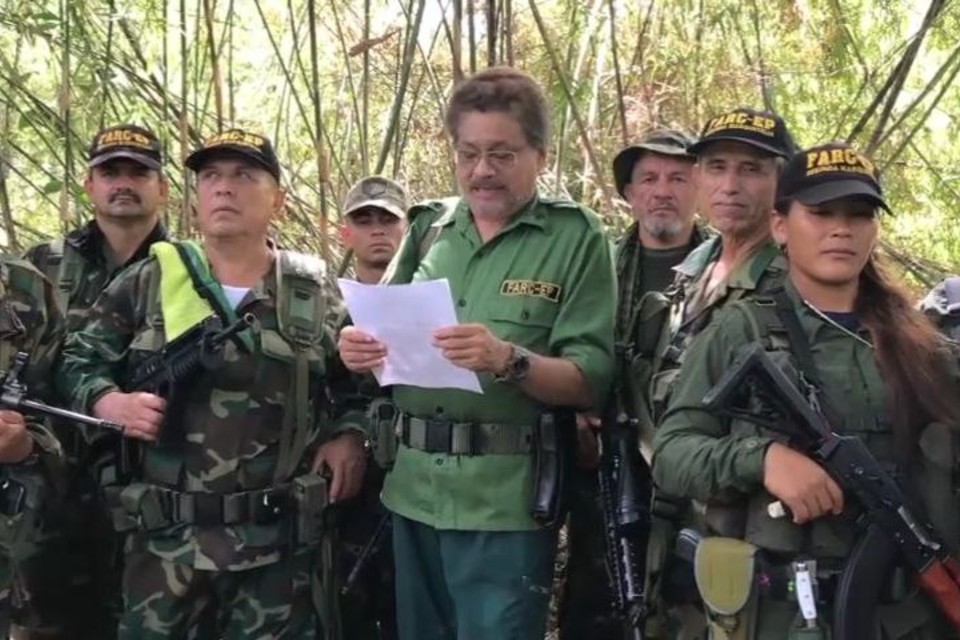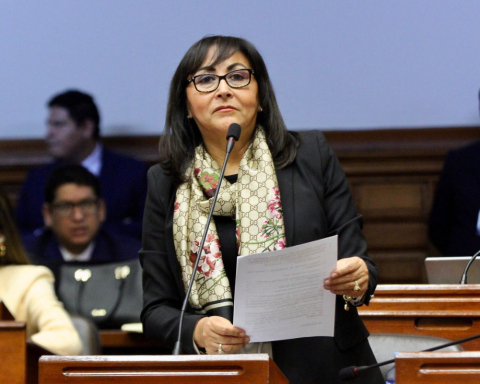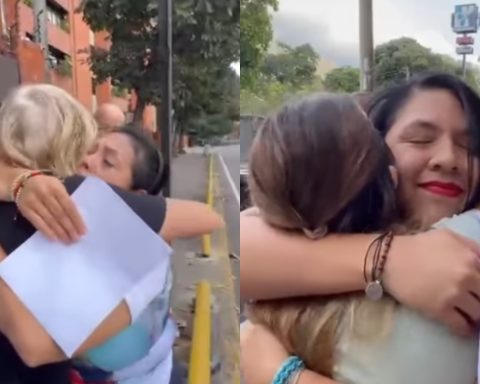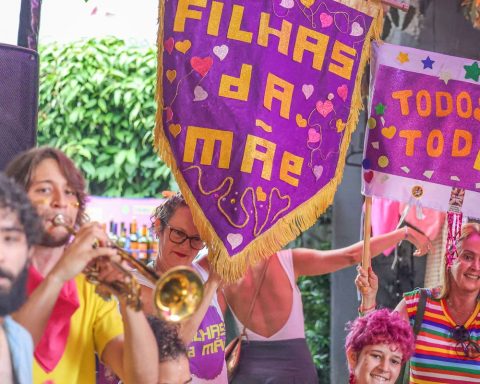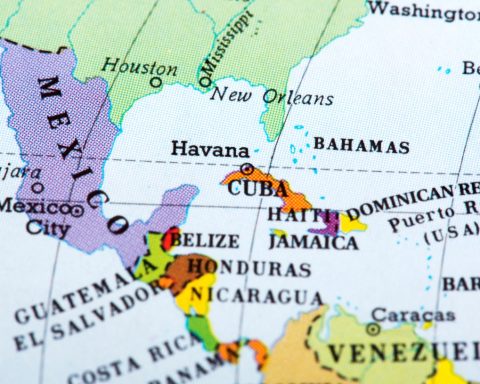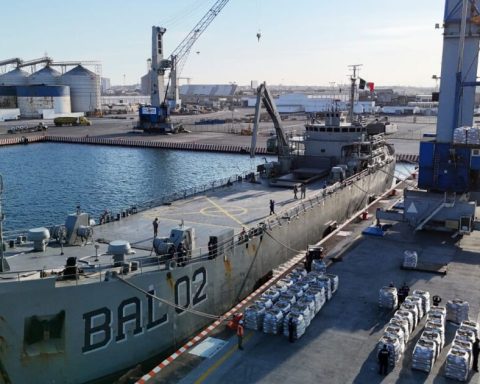The fourth section of the mega-cause known as “Guerrieri”, which investigates crimes against humanity committed during the last dictatorship in Greater Rosario, will go to trial next Monday with 17 defendants, 116 cases of victims of illegal repression and the possible recognition of a clandestine center in a property of the Catholic Church.
In the oral trial, which will be carried out by the Federal Oral Criminal Court No. 1 of Rosario, the fate of the victims of State terrorism in the circuit of six clandestine detention centers that were under the operational command of the II Army Corps will be analyzedbased at that time in Rosario.
The prosecutor of the trial, Adolfo Villate, said that it is the first time that cases from one of those clandestine centers will be tried.which would have worked on a property of the Catholic Church located in the town of Funes, belonging to the Salesian congregation and called “Ceferino Namuncurá”.
According to research, at least three of the 116 victims whose cases go to trial were illegally detained on that propertyalthough there is no absolute certainty about the place because “no reconnaissance was made”, Prosecutor Villate told Télam.
This is the lawyer Eduardo Garat, who is missing; the priest Santiago Mac Guire, deceased, and Roberto Pistacchia, who will be a witness in the oral trial.
Of the 116 cases of victims of the illegal repression, 54 were already part of the previous sections of “Guerrieri” but 62 of them were never tried.
“After three stages of ‘Guerrieri’ have passed, the fact that there are 62 new victims speaks of how the reconstruction process continues and how victims continue to appear, whose cases have not been analyzed,” Villate stressed.
He said that “the construction of the number of 30,000 (victims of state terrorism) is a process, a work of reconstruction of the magnitude of what happened.”
The accused
The accused are Pascual Oscar Guerrieri; Jorge Alberto Farina; Juan Daniel Amelong; Marino Gonzalez; Ariel Lopez; Juan Andrés Cabrera, Rodolfo Isach and Walter Pagano.
Also Eduardo Costanzo; Federico Almeder; Juan Carlos Faccendini; Juan Felix Retamozo; Enrique Andres Lopez; Jose Luis Troncoso; Osvaldo Tebez; Oscar Roberto Giai and Roberto Raul Squiro.
In addition, Roberto Mónaco and Luis Coronel, who died before trial, and Pablo Raúl Vera, who will not be tried for health reasons, were prosecuted in the case, judicial sources indicated.
The defendants are ex-military members of the Intelligence Battalion 121 of Rosarioa group of Civilian Intelligence Personnel (PCI) who reported to the head of that unit, Pascual Oscar Guerrieri, and former members of the Rosario headquarters of the Argentine Federal Police (PFA).
Five of them were never tried for their participation in the illegal repression during the last dictatorship.
They are Faccendini, Retamozo, Tebez and Giai, members of the Federal Police, and former PCI Troncoso, whose participation in the trial is still in doubt for health reasons, the sources abounded.
during the trialwhose hearings will be held on Mondays of each week and could be extended for two years, facts of homicide, forced disappearances, kidnappings and torture that occurred in the “concentration” circuit will be aired formed by the clandestine centers known as “Quinta de Funes”, “Escuela Magnasco”, “La Intermedia”, “La Calamita” and the one that operated in the then “Domingo Matheus” Military Arms Factory.
To them is added the religious property of the town of Funes through which it is believed that three victims passed.
The lawyer of the Permanent Assembly for Human Rights (APDH) of Rosario, Gabriela Durrutyrepresentative of private complaints in the trial, said that the process “It comes to join with all the debate hearings that until now have made it possible to rebuild the repressive map, the fate of compañeras and compañeros during the illegal repression, and to establish the identity and criminal responsibility of their executioners.”
“Under the operational control of the Army, and with the Intelligence Detachment functioning as the nervous system of the repressive network, security forces also acted, in this case the actions of the Federal Police are being judged,” Durruty said in statements to Télam.
Finally, he indicated that “the arc of defendants adds in this section then to the Federal gang and, fortunately, also to victims whose cases have not yet been prosecuted.”
The Court of the process will be integrated, on this occasion, by judges Jaime Díaz Gavier, María Noel Costa and Mariela Emilce Rojas, informed judicial sources.
The Prosecutor’s Office and the complaints offered 347 witnesses.







